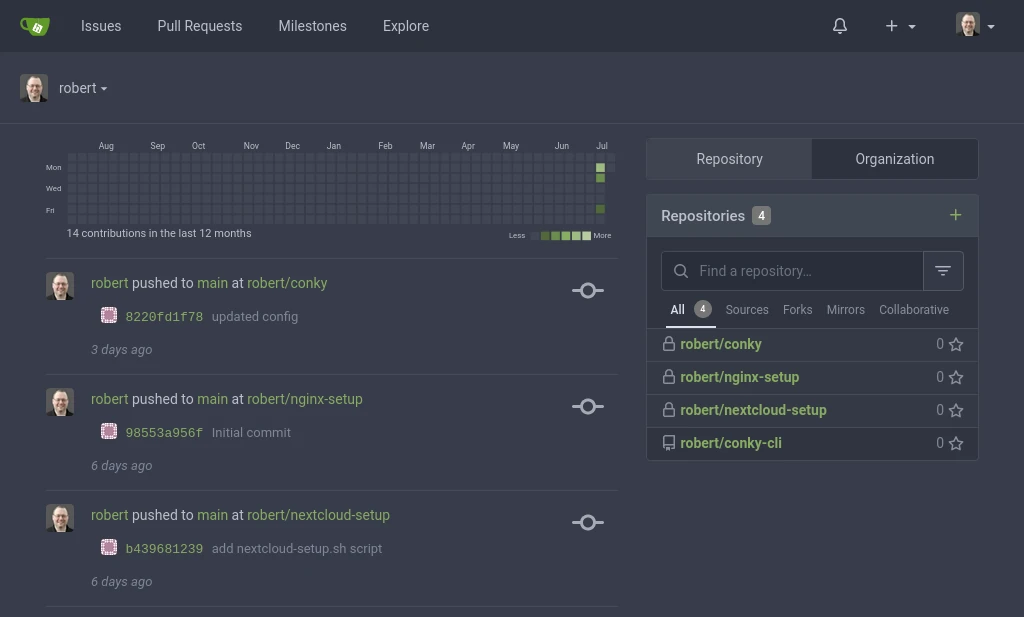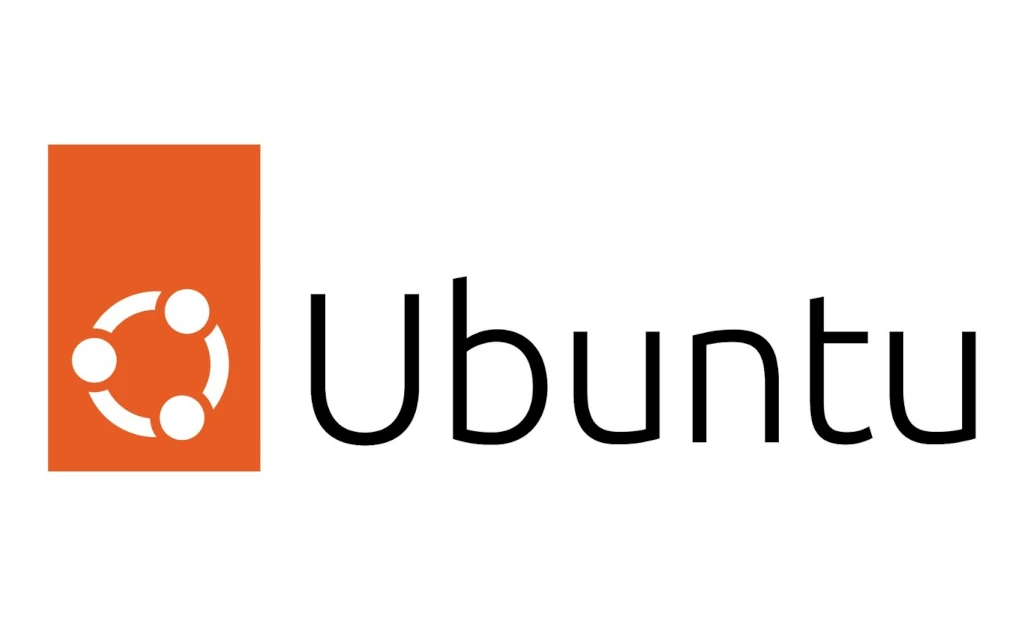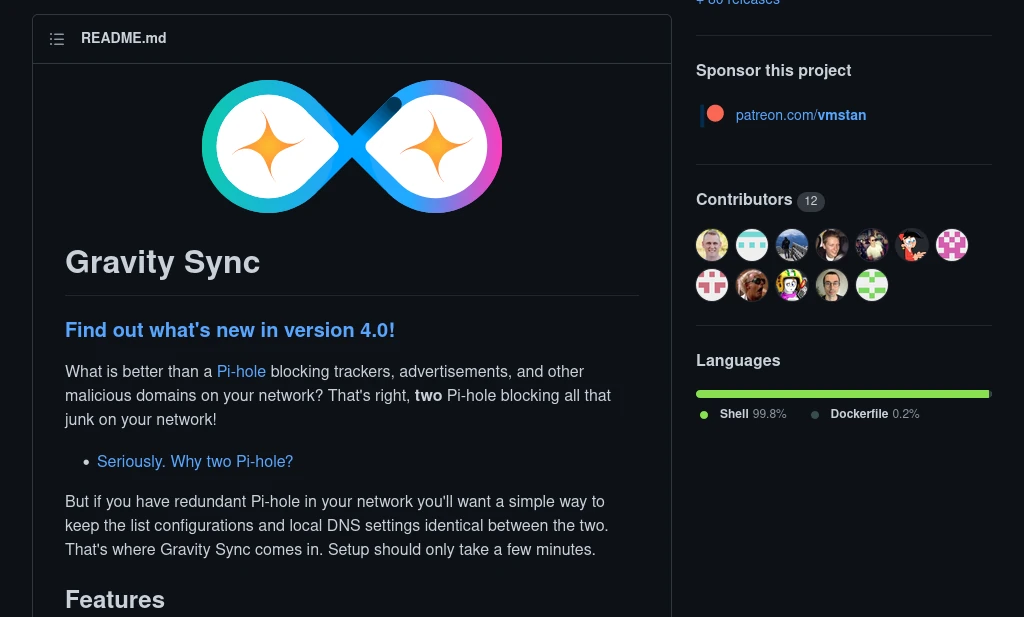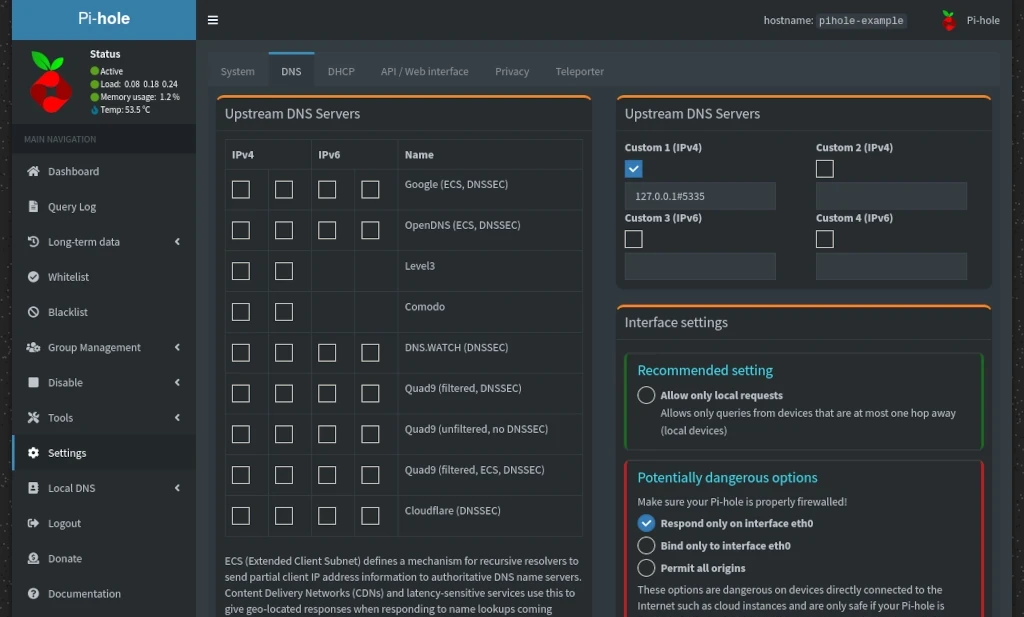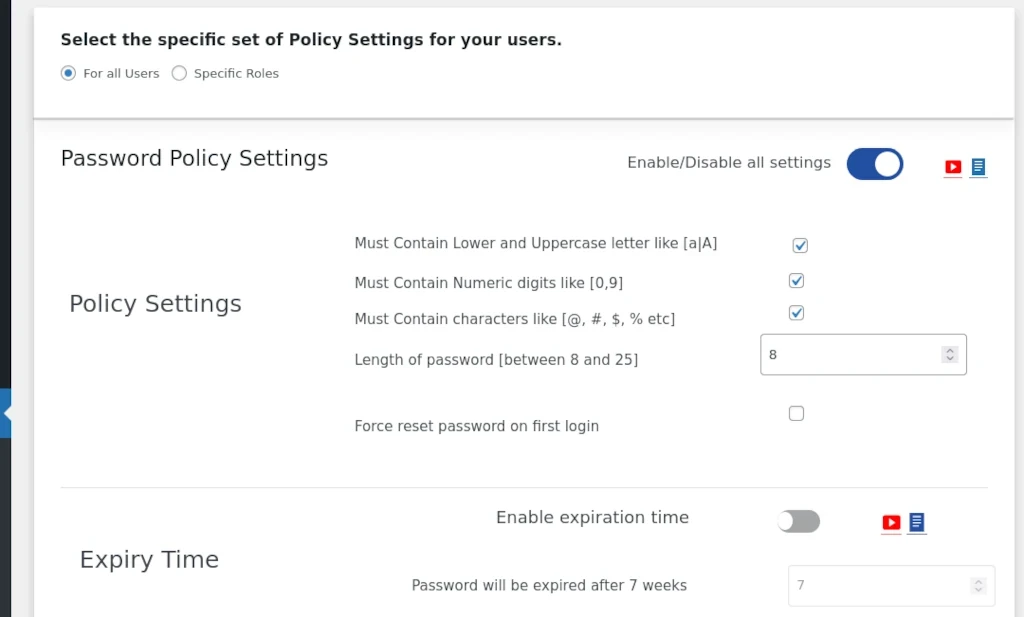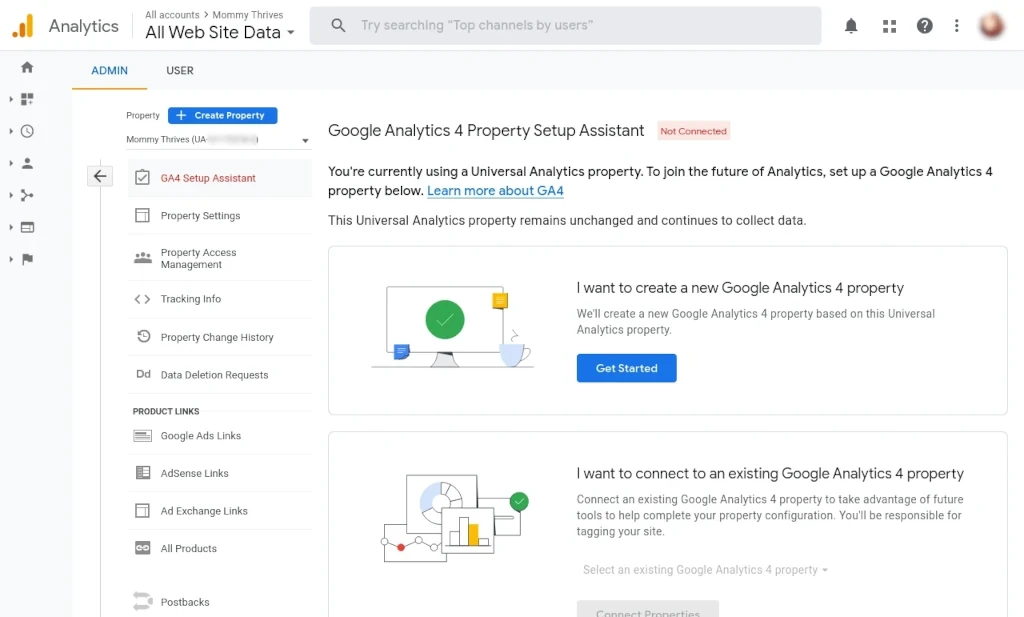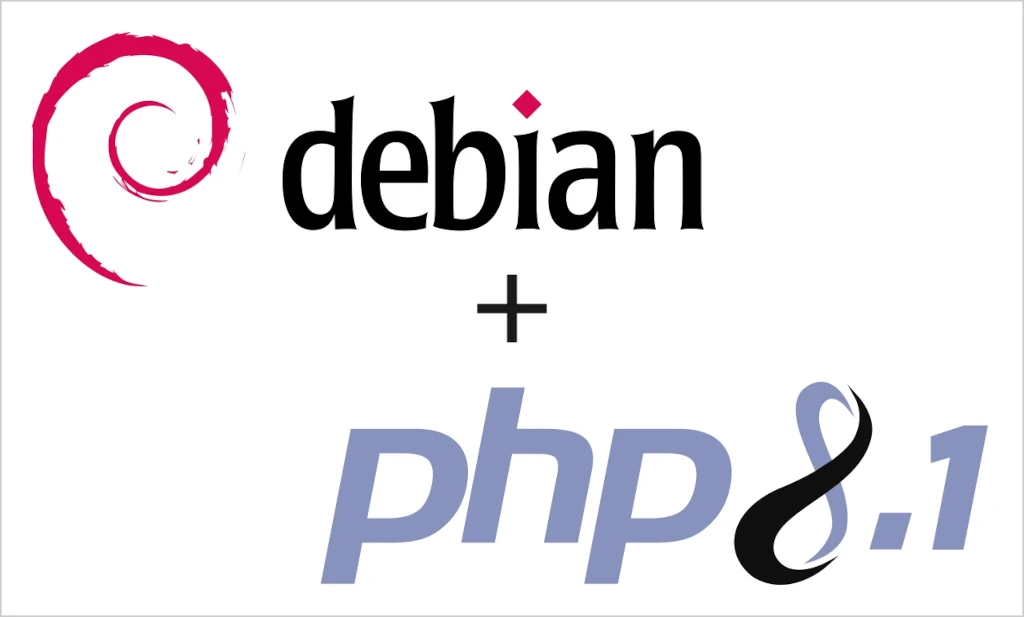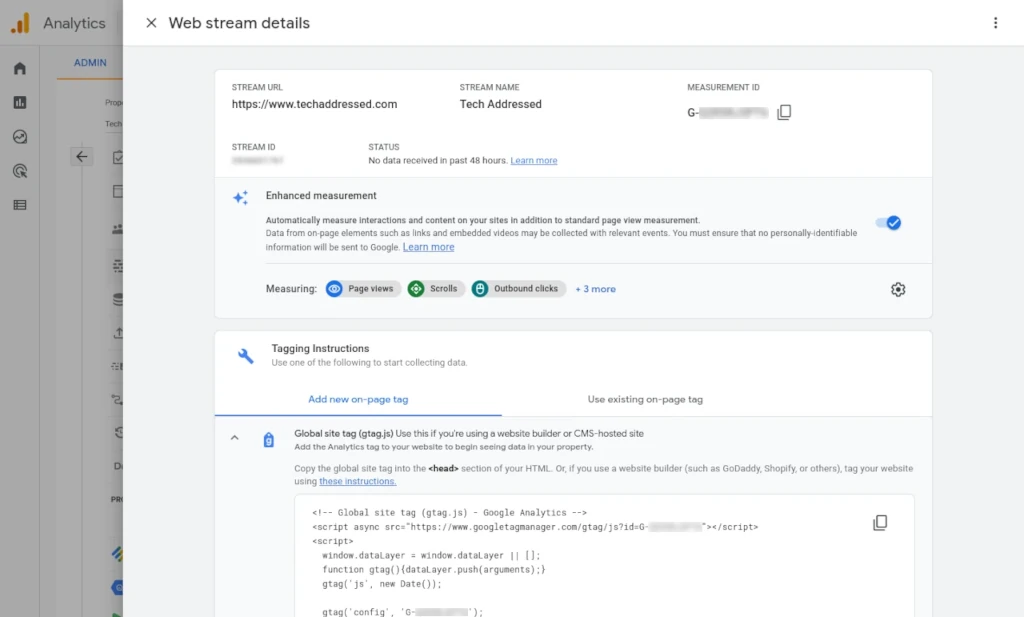Self Hosting Your Own Gitea Server Using Docker
This tutorial covers the steps necessary to setup a working Gitea server using Docker / Docker Compose. I’ve created this tutorial with Debian 11, however it should also work fine for Ubuntu as well. The docker specific parts of this tutorial should work regardless of underlying Linux platform. If necessary, this tutorial will be updated to reflect any necessary changes.
